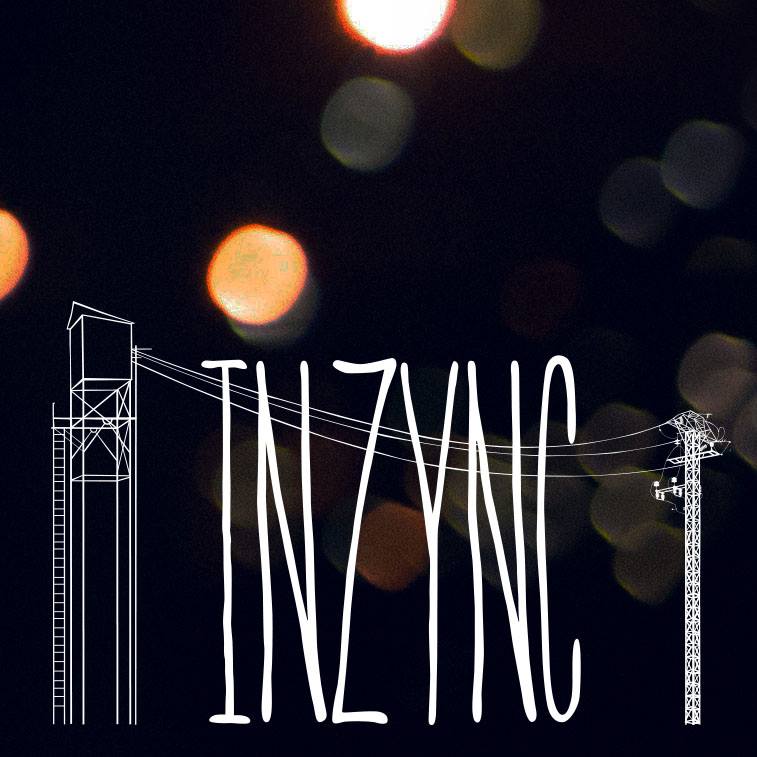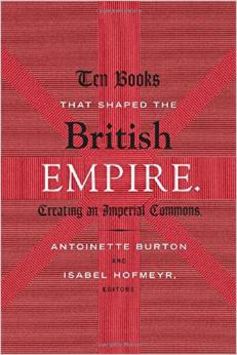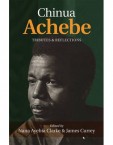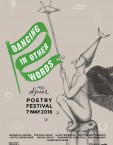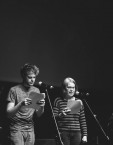Kristen Harding thinks through the role of the city during Covid-19 lockdown
Read Beverly Rycroft's review of Sally Ann Murray's collection of poetry, Otherwise Occupied
Elodi Troski shares her anxiety around graduating, entry-level employment, and making a living/loving out of the arts
Isabeau Steytler reviews Gaël Faye’s Small Country - a memoir of childhood spent in Burundi and France
Emma Wakefield explores how the policing of women’s bodies is a form of ethical violence which manifests from the collective as well as within the individual through self-infliction.
For Jonathan Galloway a lot of ContraPoints videos offer a valuable theoretical point of contact with the ‘big ‘Other’...
Dirk Strydom argues that we project our own human characteristics and ethics on our domestic pets.
Tinder literature? It's a thing and I'm a fan! Sarah Elphick gives us the lowdown.
The fight-or-flight response means very little to a body which does not care whether it survives or dies, Hanri Hattingh reveals in her personal account of living with depression.
Thomas Taylor renders a raw and personal assessment of the portrayal of mental illness in horror stories.
Lia Snijman discusses everything books, the power they hold and the liberation found in their pages.
Am I allowed to fictionalise my life? If I fill the gaps with twisted truths and writer’s freedom, am I lying or am I merely imagining? Elodi Troskie grapples with these and other questions related to life writing...
Aaliyah Davids celebrates the explosive power of Olivia Gatwood's spoken word poetry.
Emma Willemse's exhibition, 'Archiving Loss and Longing', at the Sasol Art Museum in Stellenbosch, gained critical acclaim. Chris Khoury's review of the exhibition gives us a peek into the body of work.
Elodie Troski makes a case for South African short films...
The short film form has tendencies to live in the shadows of feature length movies. Emile Louw engages the topic of genre in three short films, Monsters, Next Floor and Curfew.
Lia Snijman meditates on Emma Willemse's exhibition 'Archiving of Loss and Longing', on home, displacement, melancholia, and belonging.
Sindi Busuku-Mathese wins 2018 Ingrid Jonker Prize for her poetry collection Loud and Yellow Laughter!!!
“I could see ghosts from the time I was born.” In Shirwileta Williams’s Constant Companion Tommie's new car comes with a strange passenger.
“My heart pounding in my chest, I knew my mother wouldn’t approve of the conversation I was about to open with her…” A young woman from the BoKaap uncovers more than she expected in Qudsiya Gierdien’s Doekoem.
“Every season he is an umkhwetha. He gets circumcised every season before anyone can. No, that is not exactly how it happens. He circumcises himself.” Read the rest of Sinethemba Bizela's ghost story Second Comings of the Headman here.
Just in time for Halloween, SLiPnet is exclusively publishing a collection of South Aifrcan ghost stories online, Constant Companions, edited by Annel Pieterse. Get your scare on here.
Amber Crook reviews the launch of Katleho Shoro's poetry collection, Serurubele.
Earl Basson writes a review of Jolyn Phillips' short story collection, Tjieng Tjeng Tjerrie and Other Stories, in a language fitting this landmark book...
Grace Musila and Chris Marnewick were in conversation with Hedley Twidle about their books that push the boundaries of literary genres. Read Maureen Amimo's coverage of the conversation here.
Andre van Vollenstee attended celebrated author Lauren Beukes' talk at the Woordfees. Read his reflections on her talk here.
On Friday the 3rd of March celebrated decolonial thinker Ngugi wa Thiongo gave a lecture at the University of Cape Town. Stephen David captures his thoughts on the events of the evening.
Fifty years ago US Senator Robert F Kennedy visited South Africa. A new documentary about RFK's visit puts the spotlight on an important part of the country's history. Kenneth Kaplan interviews the filmmaker.
Three years after Chinua Achebe's passing, Chris Dunton reviews an important new collection of writings about the Nigerian author.
Angelo Fick spins an allegory on the (virtual) times we live in.
 SLiPStellenbosch Literary Project
SLiPStellenbosch Literary Project 